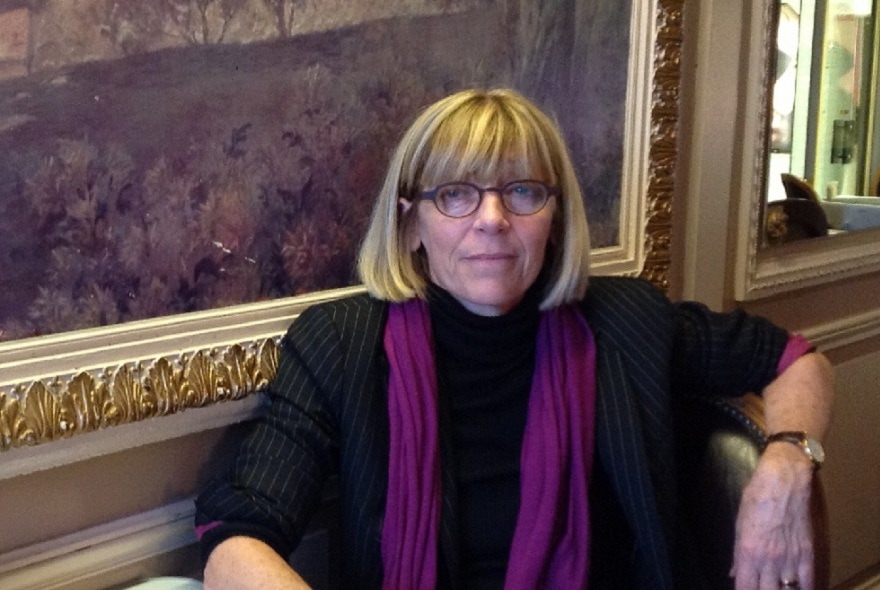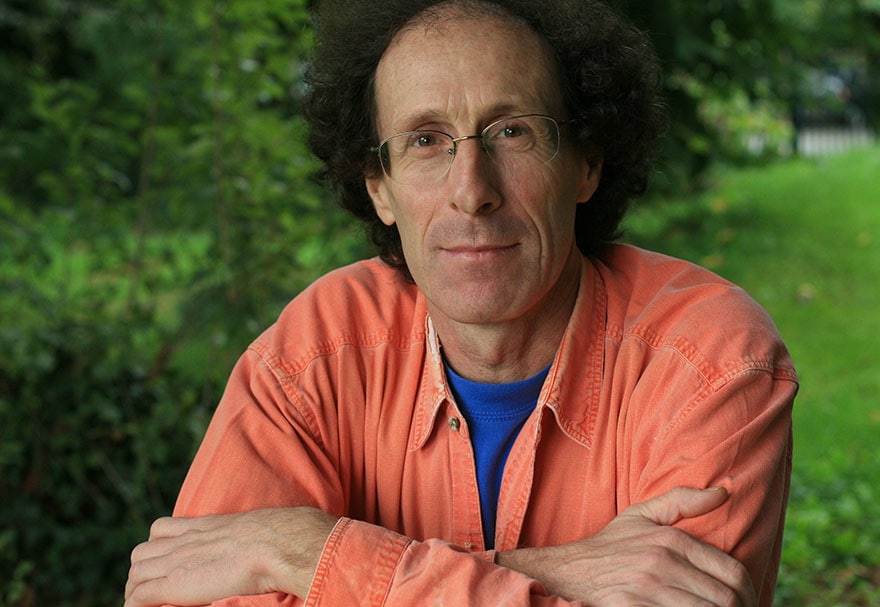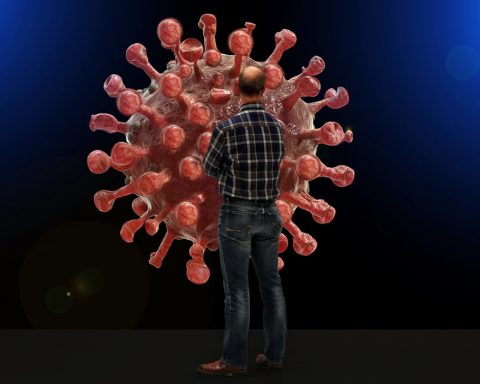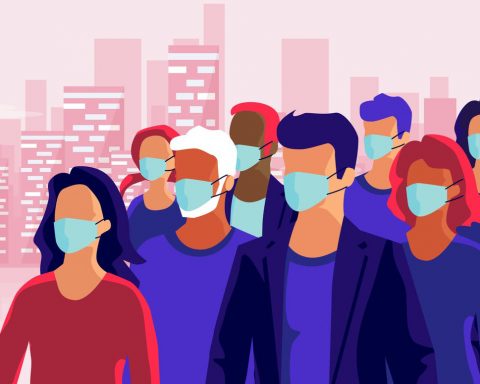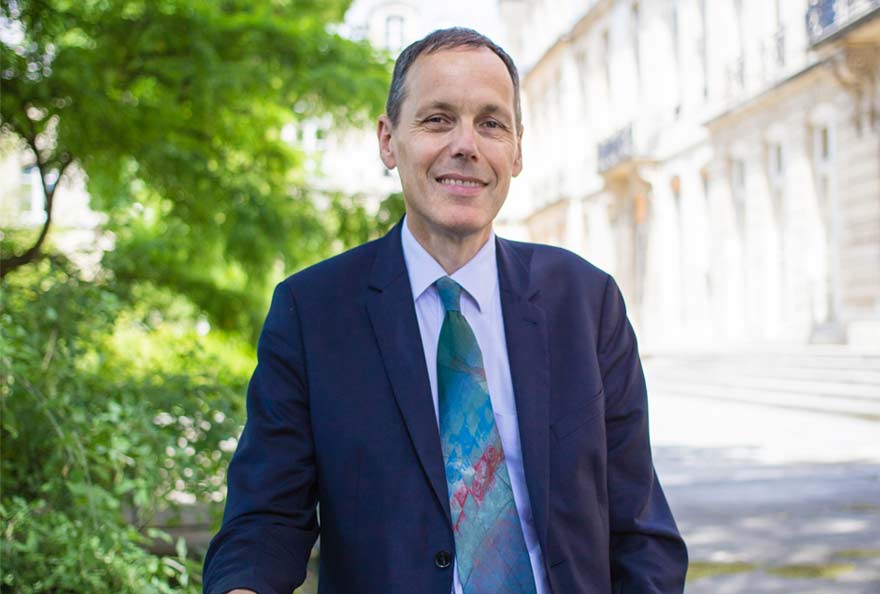Bernadette Lecerf-Thomas who was one of the contributors of Up' magazine left us last week after a long illness. As a tribute, we rerun this interview she gave us in 2012.
What is it about each of us that we are potentially talented at? How can we develop our own talents and mental agility? How can we articulate talents and cooperate with others? In her numerous books, Bernadette Lecerf-Thomas explains in a clear and accessible way how to use the discoveries of neuroscience to optimize our behaviors. Exclusive meeting and interview with a visionary and practitioner of transformation.
 Auman systems live within balances that are in a state of flux. Since the 19th century, the understanding of mental health and the functioning of human intelligence has been a subject of work for some of the greatest names in the history of modern psychology: Freud, Jung, Piaget, Bateson, Berne, Erickson,... all have made considerable progress in helping subjects to develop their potential. With the neurosciences, a new era of knowledge is opening up.
Auman systems live within balances that are in a state of flux. Since the 19th century, the understanding of mental health and the functioning of human intelligence has been a subject of work for some of the greatest names in the history of modern psychology: Freud, Jung, Piaget, Bateson, Berne, Erickson,... all have made considerable progress in helping subjects to develop their potential. With the neurosciences, a new era of knowledge is opening up.
 UP': Bernadette Lecerf-Thomas, with your book published in 2012, "Activating Talent with Neuroscience", you assert that collaborative work is at the root of all innovation production. Is it that simple?
UP': Bernadette Lecerf-Thomas, with your book published in 2012, "Activating Talent with Neuroscience", you assert that collaborative work is at the root of all innovation production. Is it that simple?
Bernadette Lecerf-Thomas: For a long time, I think that collaboration, working together, is a very delicate sport. I've been trying to find ways to explain why it's difficult and what the conditions are that would allow people to do it properly.
This led me to start with the individual interacting with others: what can happen to him when he is interacting and how will this interaction disrupt his brain?
UP': You say that "the human brain is growing, intelligence is changing": is the brain today changing by becoming "multitasking"?
BLT: Since the dawn of time, our cerebral cortex has been developing by increasing human knowledge and skills. Neuroscientists do not speak of a "multitasking" brain. Doing several things at the same time is not new: some professions have always been able to do it. On the other hand, it is impossible to think about two things at the same time. When we make an intense cognitive effort, we only do one at a time. And the interconnection is natural.
Collective intelligence in business is the result of exchanges between a network of people capable of working together to produce innovation quickly and with the highest possible productivity. But simply accelerating exchanges does not produce collective intelligence; these exchanges must also have a common goal.
UP': "While neuroscience research still faces certain questions, it sheds new light on the specificities and richness of human intelligence and, in particular, highlights the importance of emotions," says Patrick Plein in the preface to your book. Are emotions so much in demand within the company?

BLT Emotions - the movements of being - are the source of life for neuroscientists. There are positive emotions: joy, desire, but also "so-called" negative emotions, fear, anger or sadness. We need them, they are useful and their results depend on what we do with them in the social bond. We do nothing without our emotions; knowing their influence on our decisions allows us to get out of the blindness Edgar Morin talks about and to formalize the following principle: human decisions are the fruit of complex phenomena. Accepting as positive the fact that everyone has a purpose in life is beneficial for everyone. Helping individuals to be clear about their own goals does not prevent their performance. On the contrary, it allows them to put their goals and those proposed to them into perspective for the collective good. The link between the individual project and the collective project is the basis of lasting motivation.
UP': " The affectivity of the subject becomes a resource rather than a handicap". Is the company ready to accept this evolution?
BLT Neuroscience shows that to be smart, you need emotions. Goldmann has been working a lot on this and Antonio Damasio showed that the person who was capable of making good decisions needed to have criteria on the emotional value of those decisions because that is part of what will make people act or not act. If a decision-maker ignores what affects people, he loses a lot of operational energy. When a person loses their capacity for emotional judgment, they become a cold person, unable to make the right decisions. There was an attempt at one time to dehumanize the company, and today we are completely reversing these design and management errors.
UP': In your book, you devote a large part to "the articulation of talents within a collective so that a new global skill emerges and lays the foundations for collaborative work that produces innovations". Aren't the talents that go beyond the norm the real producers of innovation?
BLT: Out-of-the-box talent is extremely interesting and the problem for many organizations is clones. By dint of having people who all look alike, with a culture that is too normalized, initiative and especially imagination are killed at the source. I'm campaigning for diversity and diversity in companies: it's an asset for human intelligence! Because, obviously, everyone has a different brain with its specificities and representations acquired over the course of its history. It is the interaction between these specificities that offers new avenues for the imagination. Provided that one is capable of interacting, listening, understanding what the other has in him, and proposes.
UP': Does a paradigm shift in the company's social relations, i.e. does it enrich it, change its economic purpose, improve its growth?

BLT: Yes, it enhances the value of both parties. The McKinsey study on gender balance, for example, showed that when there were more than three women on boards of directors, there were better results on strategy implementation and coordination. The first results in companies that have implemented actions to live better together also show productivity gains. In fact, there is real awareness. Collaboration is an essential point, the ability to interact within a collective is extremely value-enhancing. But, at the moment, this is not obvious for all leaders. Some remain focused on their old beliefs and have not yet updated their mental material!
UP': Why is it so difficult?
BLT: Firstly, people were not trained in the collective when they were "small". Interaction with the other - thinking while interacting is easier for an extrovert than for an introvert. In companies, there are all kinds of tensions at all levels. To be able to negotiate, coordinate and move forward together, you have to be able to get in tune with what you perceive without getting into a single perception. You have to be able to accept that others perceive differently what you perceive yourself - which is not insignificant - and then you have to direct your attention to objectives. This requires upstream a work of appropriation that involves everyone having mixed the information to transform it into a strategy. The work must be done in each brain, each person being the author of his or her own thoughts. And it is our thoughts that we use to make decisions on a daily basis. Each teammate must have worked on the value he gives to a certain number of actions, he must have negotiated with the others to allow their synchronized coordination. To do this, we must be able to anticipate the actions of the other team members. It's quite complex but, today, neuroscience makes it possible to understand this complexity and help people move forward.
UP': Is neuroscience an innovation in human relations?

BLT: Yes, I think it's a major innovation of the century. Neuroscience has been around globally for 40 years. Researchers have been able to see brains in action and the research that is going on is very important. These discoveries demonstrate the legitimacy of new practices and propose to come out of management training courses that are still rather guilt-ridden and that speak of a human being capable of being predictable in all situations. Neuroscience provides the means to understand why it is so difficult to do well every day!
I say in my book that co-development, negotiation, innovation are demanding sports. We have to conquer agility and performance in these areas of expertise. As long as those whose role is to decide for others do not realise that they have a brain and are therefore subject to the impossibility of perceiving the unknown and predicting everything, it will be difficult to change the foundations that structure the actions of institutions and companies (...)".
Interview by Fabienne Marion
Publications of Bernadette Lecerf-Thomas :
– Activating Talent with Neuroscience (Pearson Editions 2012))
– Neuroscience and management, the power to change (Editions d'Organisation)
– Managerial informatics (Edition Hermès)
To go further :
- – Article in the Nouvel Observateur "Vive les neuroprofs! » : See the great initiative of a pioneer in the application of neuroscience in schools!
- Site www.happyneuron, created by Michel Noir, Doctor Bernard Croisile and Franck Tarpin-Bernard : http://www.happyneuron-corp.com/fr/notre-histoire
– Book " The HRD of the 3rd millennium " by Edgar Added (Pearson Village Global Edition)
– Book " Les CoDir du 3e millénaire ", From solitary governance to collective leadership by Edgar Added (Pearson Edition).

